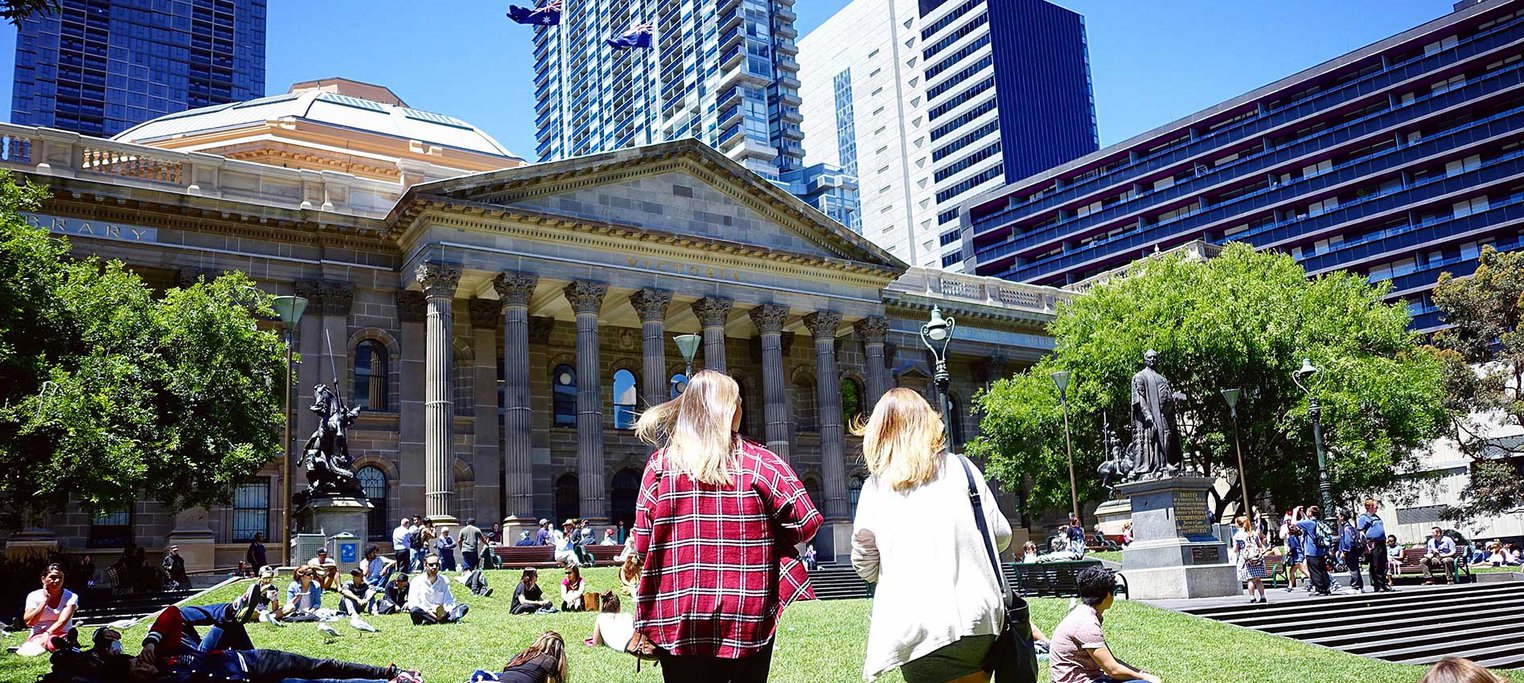February 1, 2022
Surviving O-Week

If you’re about to start uni, Orientation Week or O-Week is a great way to meet new people and start your student life.
While COVID-19 restrictions might mean O-Week looks different in 2022, alcohol may still be a big part of the celebrations - and student life in general.1, 2
Remember, if you choose to drink, there are ways you can balance having a drink and staying safe. This could mean:
- knowing how much you can drink to enjoy the night without becoming drunk
- keeping an eye on how many drinks you have had to stay in control and avoid feeling sick
- being confident and avoiding any behaviours that you wouldn’t usually do if you were sober
- finding fun at university that doesn’t involve drinking.3
Tips for reducing your risk from alcohol
While the healthiest option is to not drink at all, keeping your drinking on the lower-risk side is possible. Check out the ‘Australian guidelines to reduce health risk from drinking alcohol’.
Here are a few tips:
- Have a 'spacer' every couple of drinks. Start with a non-alcoholic drink to quench your thirst before you start drinking alcohol. Then have a non-alcoholic drink every second or third drink.
- Pace yourself. Take sips, not gulps, and drink at your own pace, not someone else's. Avoid drinking in rounds with everyone else or trying to keep up with the fastest drinker. If you are in a round, you can opt for a low or non-alcohol drink.
- Use a smaller glass. Try drinking smaller glasses of beer or wine and make them last longer.
- Don't let people top up your drink. Always finish your drink before getting a new one. This helps you keep track of how much alcohol you’ve consumed.
- Avoid highly alcoholic drinks. The number of standard drinks contained in an alcoholic beverage is listed on the container. Some may contain more than one standard drink. If you’re mixing your own drinks, use less alcohol than normal and more mixer, so you can pace yourself.
- Eat before and while drinking. Eating slows down your drinking pace. It also fills you up. If you have a full stomach, alcohol will be absorbed slower. (Avoid salty snacks though as they may make you drink more).
- Stay busy - don't just sit and drink. Play pool, dance or talk to friends. If you have something to do, you tend to drink less.
- Don't feel pressured to drink. It's okay to say no. You can plan your response in advance, it might be as simple as saying: “I have to be up early in the morning, so I better not.”
- Respect people's decisions not to drink and don’t encourage risky drinking behaviours. Drinking in rounds or drinking competitions and games can encourage people to drink more alcohol than they realise or originally intended.
- Getting home safely. If a person has been drinking or is tired, don’t let them drive home. Arrange a taxi or rideshare.
- If a friend has had too much to drink, encourage them to switch to non-alcoholic drinks. Make sure they are okay. If they are vomiting, don't leave them alone. If you think they need an ambulance, don't hesitate to call one.
Talk about it
During O-Week, keep the focus on having fun while staying safe. You might also want to start a conversation with your friends or family about O-Week.
What experiences have they had in their uni days? How do your friends plan their O-Week events? It could be useful to discuss some of the ideas in this article and plan ahead.
More information
- Kypri K, Cronin M, Wright C. Do university students drink more hazardously than their non‐student peers? Addiction. 2005;100(5):713-4.
- Leontini R, Schofield T, Lindsay J, Brown R, Hepworth J, Germov J. “Social stuff” and institutional micro-processes: alcohol use by students in Australian university residential colleges. Contemporary Drug Problems. 2015;42(3):171-87.
- Graber R, de Visser R, Abraham C, Memon A, Hart A, Hunt K. Staying in the ‘sweet spot’: A resilience-based analysis of the lived experience of low-risk drinking and abstention among British youth. Psychology & Health. 2016;31(1):79-99.